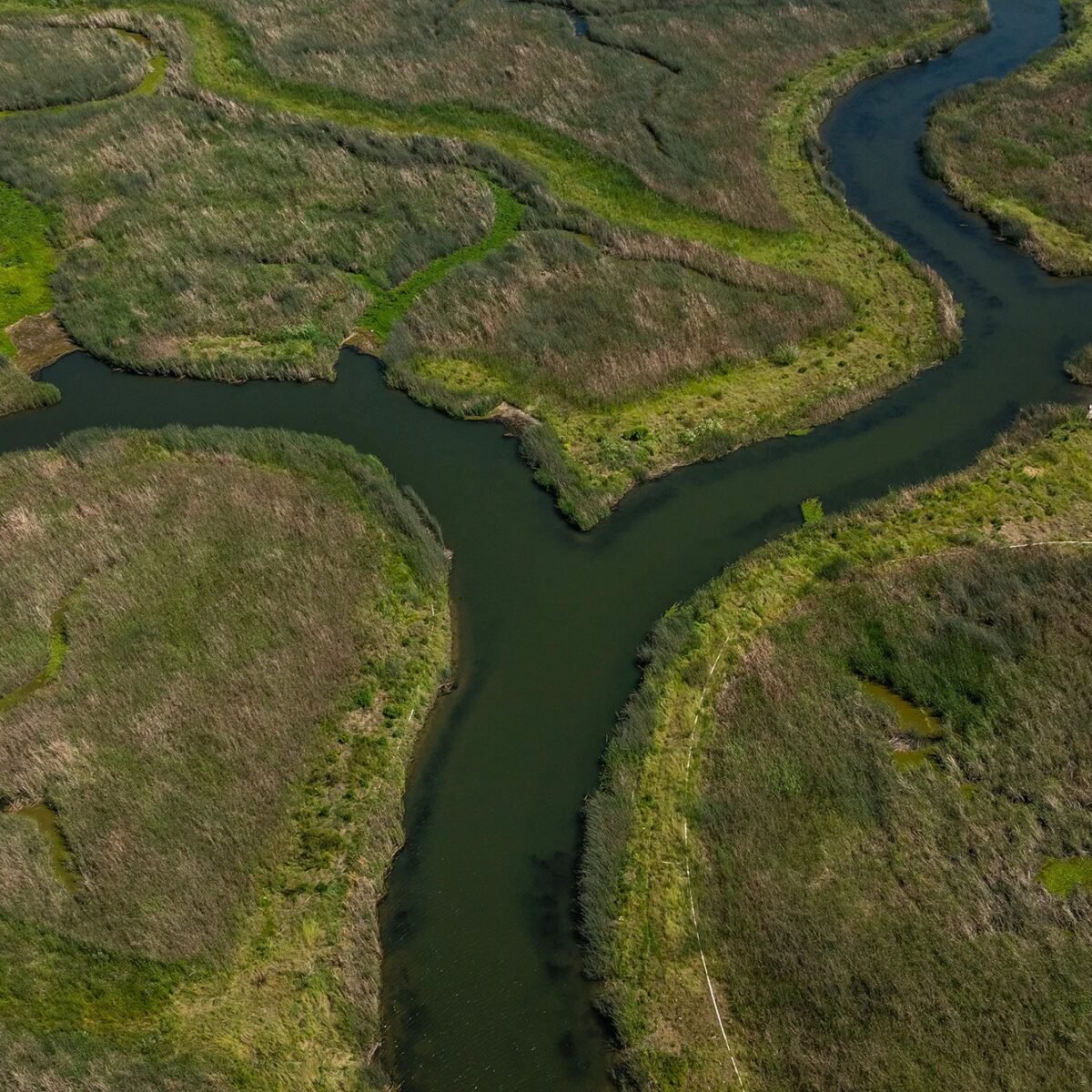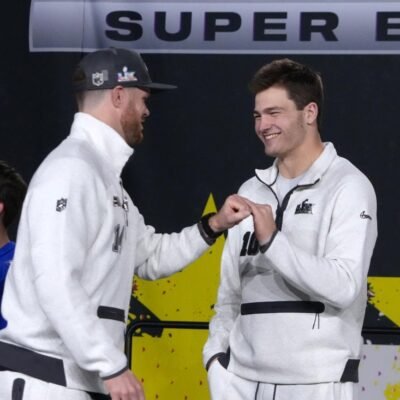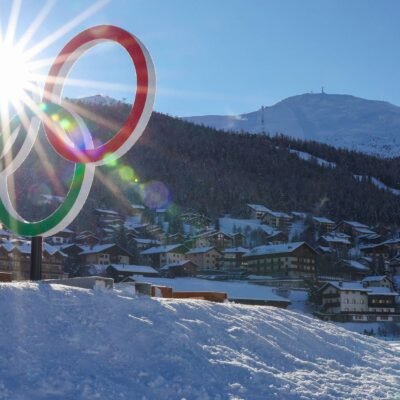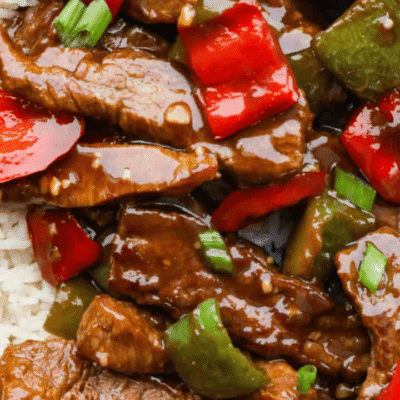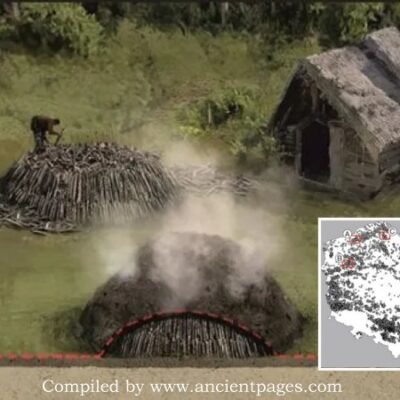The result: L.A.’s stormwater rushes to the ocean through concrete channels, bypassing the thirsty soil beneath our feet. Fire-adapted chaparral, once tended through Indigenous cultural burns, goes misunderstood and mismanaged. Fire always finds its fuel.
This legacy didn’t spark the Eaton Fire, but it seeded conditions that allowed it to spread and devastate. Eventually the truth catches up to us. The land remembers what we try to forget.
Meanwhile, policymakers rely on public amnesia. The governor’s latest push to secure legislative approval for the Delta Conveyance before the session ends in September risks repeating history. The success of this water diversion megaproject hinges on the same myth of control, the illusion that humans stand apart from the very ecosystems that sustain us, that futile attempts at domination can shield us from the fragile, uncomfortable reality of our interdependence with nature.
A tragedy like the Eaton Fire reminds us that true leadership begins with humility, with the courage to take a hard look at ourselves and admit that we’re in a relationship with living systems, not in charge.
If destruction can be built one choice at a time, so can repair.
In Payahuunadü, the Owens Valley Indian Water Commission continues to fight for water justice and the right to care for Owens Lake once again. Here in Los Angeles, tribal governments and Indigenous-led groups, such as the Tataviam Land Conservancy and Sacred Places Institute, work to restore ancestral lands, revitalize native plants and uplift traditional ecological knowledge.
Across the region, grassroots groups are repairing relationships to water and soil, planting native trees, removing asphalt and transforming concrete schoolyards into living landscapes. Local agencies are getting serious about solutions we’ve long ignored: stormwater capture, recycled water, groundwater recharge and conservation.
The Eaton Fire is the latest chapter in the long Eaton story. A name once celebrated for taming water now symbolizes a fire that reveals the limits of our control.
The irony invites a deeper question: what does accountability look like when harm is inherited but the consequences are still unfolding? The control we seek may already reside within us — in our ability to exercise restraint, respect limits and stay in relationship with things we don’t fully understand.
Like those before us, we face complex trade-offs. But unlike them, we have the benefit of hindsight and the opportunity, if we’re willing, to choose another way. Will we take it?
Devon Provo is an urban planner and senior policy manager at Accelerate Resilience L.A. She lives in Altadena.
This commentary was originally published by CalMatters. Sign up for their newsletters.
This article was originally published on CalMatters and was republished under the Creative Commons Attribution-NonCommercial-NoDerivatives license.

